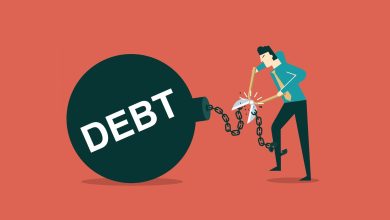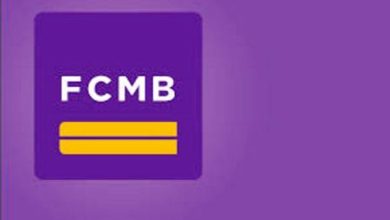How to Check Your Credit Report
Your credit report is a summary of your credit history. It includes information about your past borrowing and repayment behavior, such as your credit accounts, payment history, and outstanding debt. Lenders use your credit report to assess your creditworthiness and determine whether to approve you for a loan or credit card.
It’s important to check your credit report regularly to make sure it’s accurate and up-to-date. You can get a free copy of your credit report from each of the three major credit bureaus (Equifax, Experian, and TransUnion) once a year at AnnualCreditReport.com.
Steps to Check Your Credit Report
- Go to AnnualCreditReport.com.
- Enter your personal information, including your name, address, Social Security number, and date of birth.
- Select which credit bureau you want to get your report from.
- Review your credit report carefully. Look for any errors or inaccurate information.
- If you find any errors, dispute them directly with the credit bureau.
You can also check your credit report more frequently than once a year by signing up for a credit monitoring service. Credit monitoring services typically charge a monthly or annual fee, but they can be worth it if you’re trying to improve your credit score or if you’re worried about identity theft.
Tips for Checking Your Credit Report
- Review your credit report carefully. Look for any errors or inaccurate information.
- Pay attention to your credit score. Your credit score is a three-digit number that lenders use to assess your creditworthiness. A higher credit score means you’re a lower risk to lenders and are more likely to be approved for loans and credit cards at competitive interest rates.
- Track your progress over time. Compare your credit report and credit score from one year to the next to see how you’re doing.
If you find any errors on your credit report, dispute them directly with the credit bureau. You can do this online, by phone, or by mail. The credit bureau has 30 days to investigate your dispute and respond. If the credit bureau finds that the information is inaccurate, they will remove it from your report.
Checking your credit report regularly is a good way to protect your credit score and financial health. By identifying and correcting any errors on your credit report, you can improve your chances of being approved for loans and credit cards at competitive interest rates.






